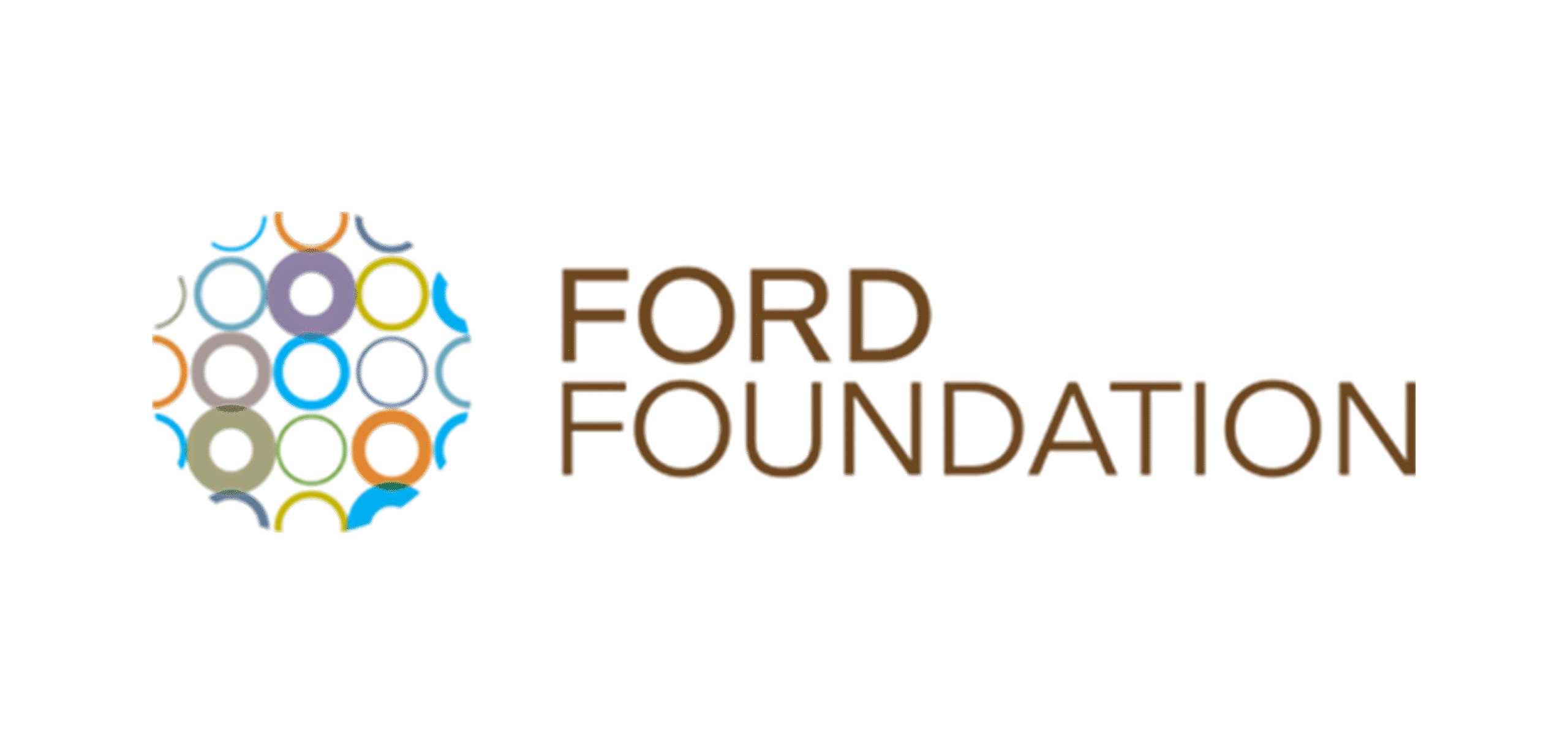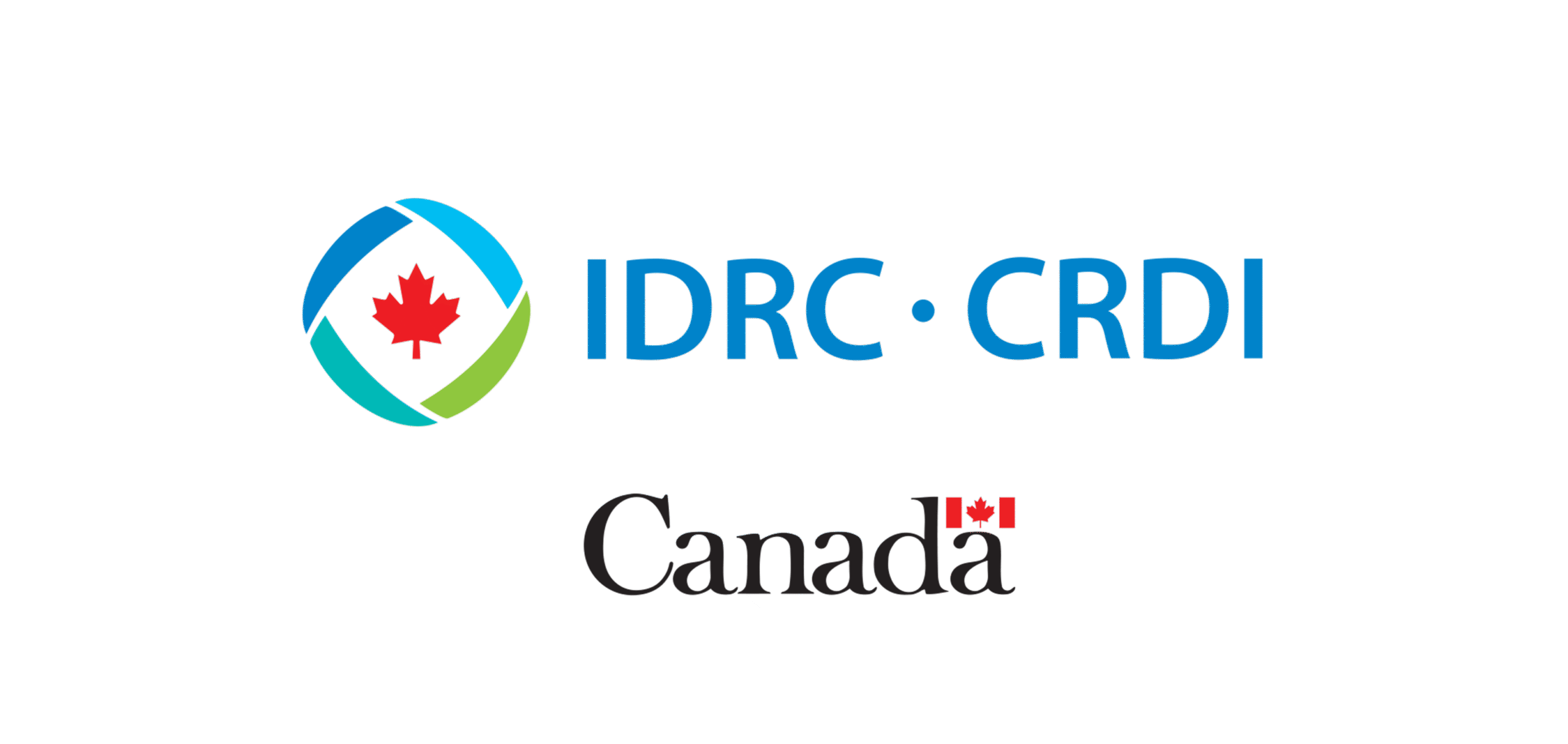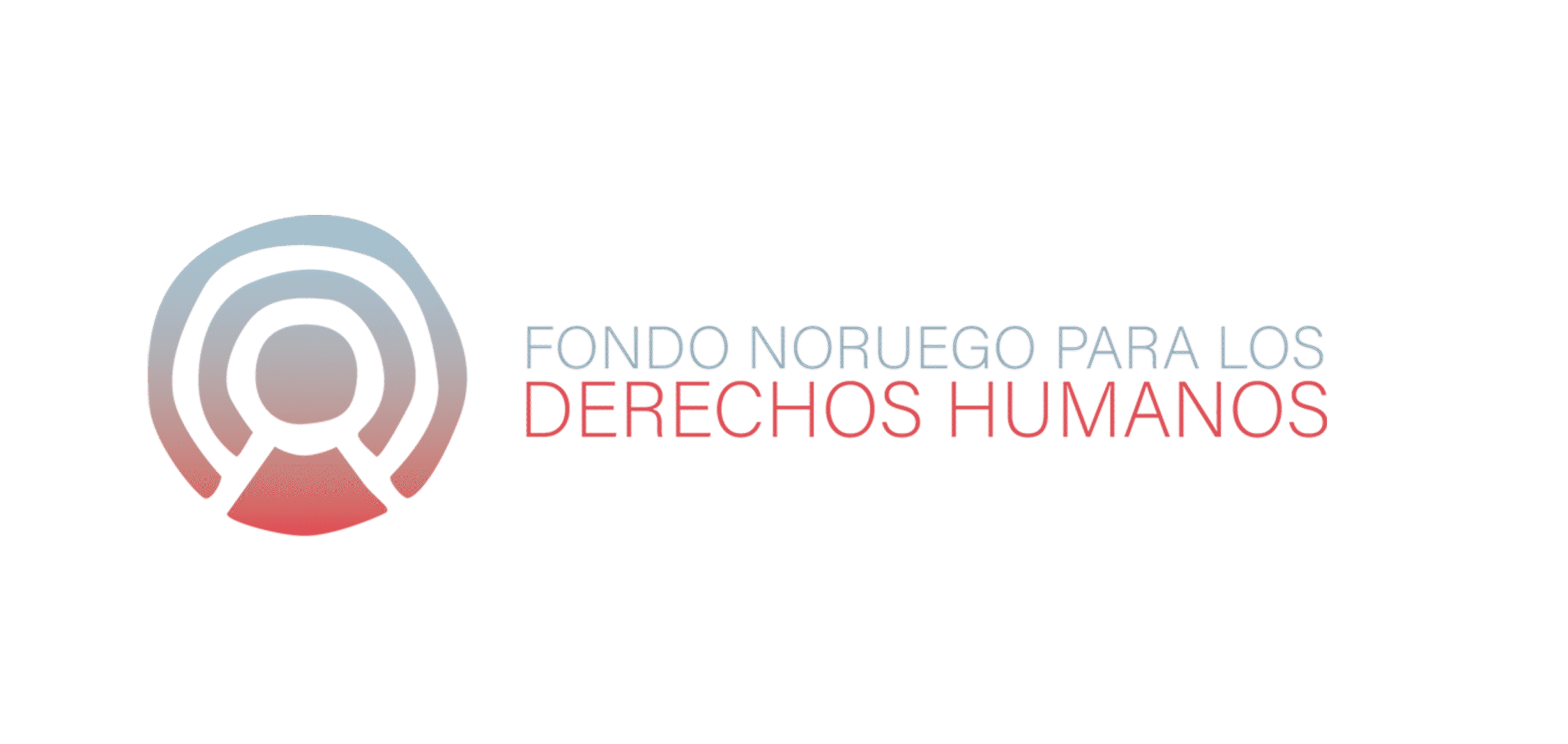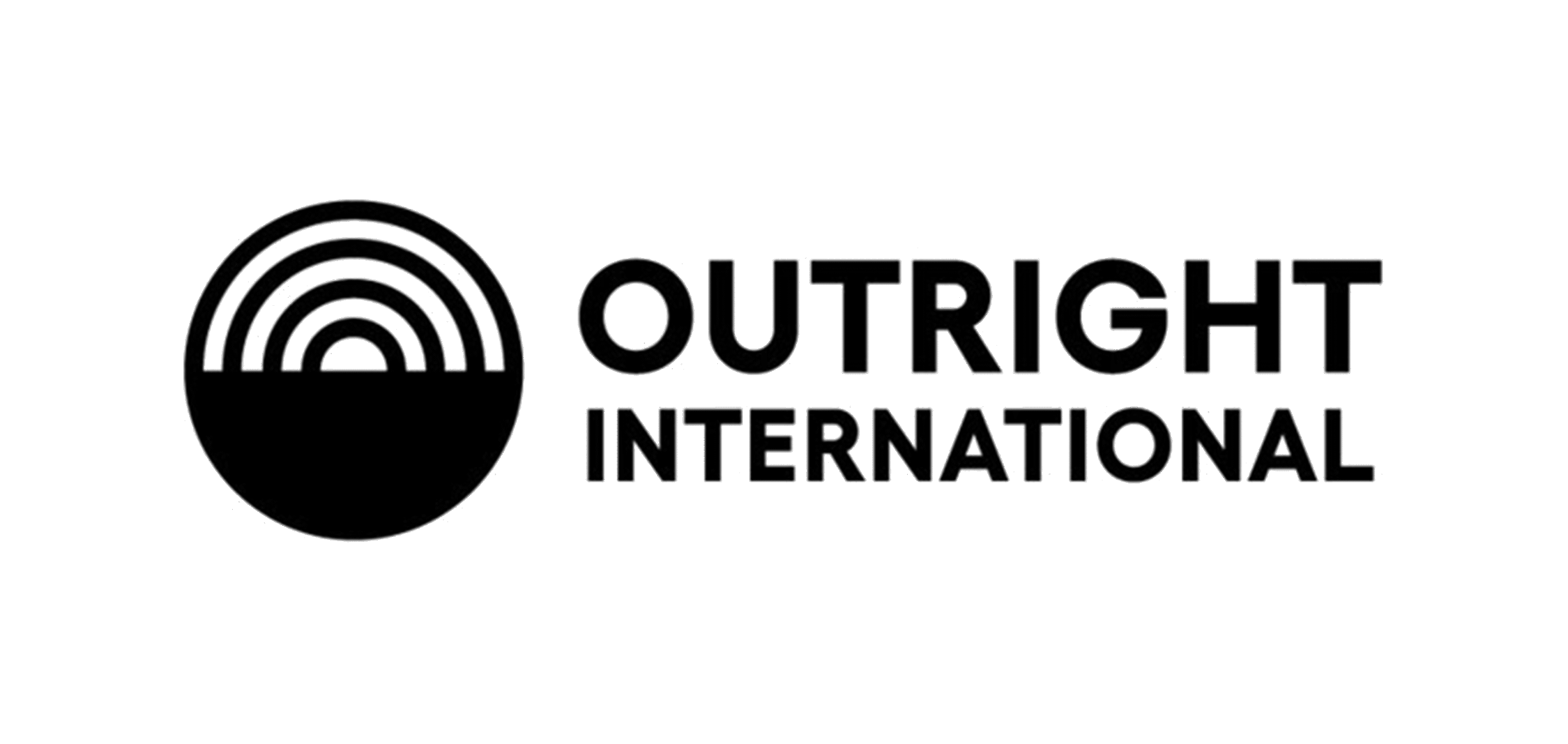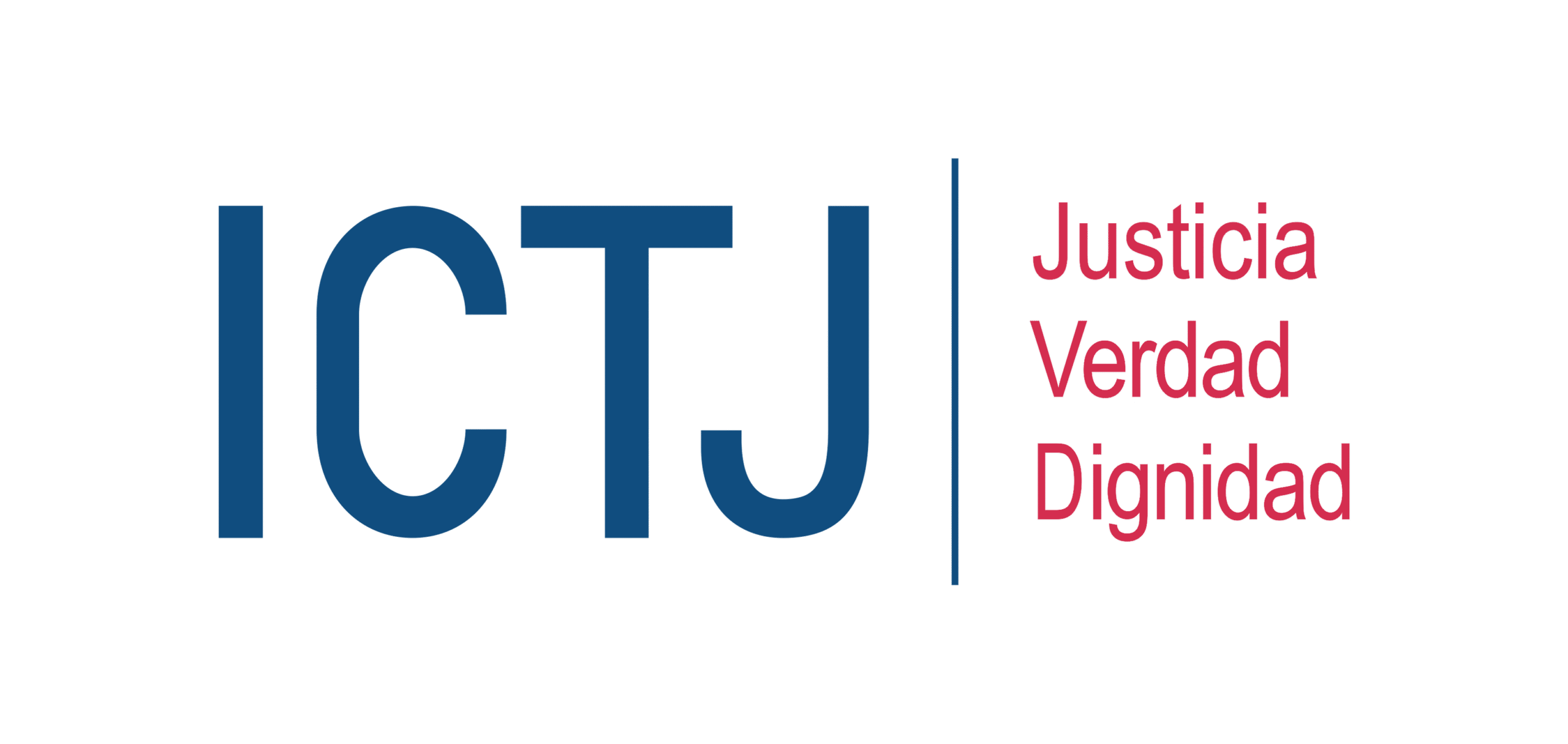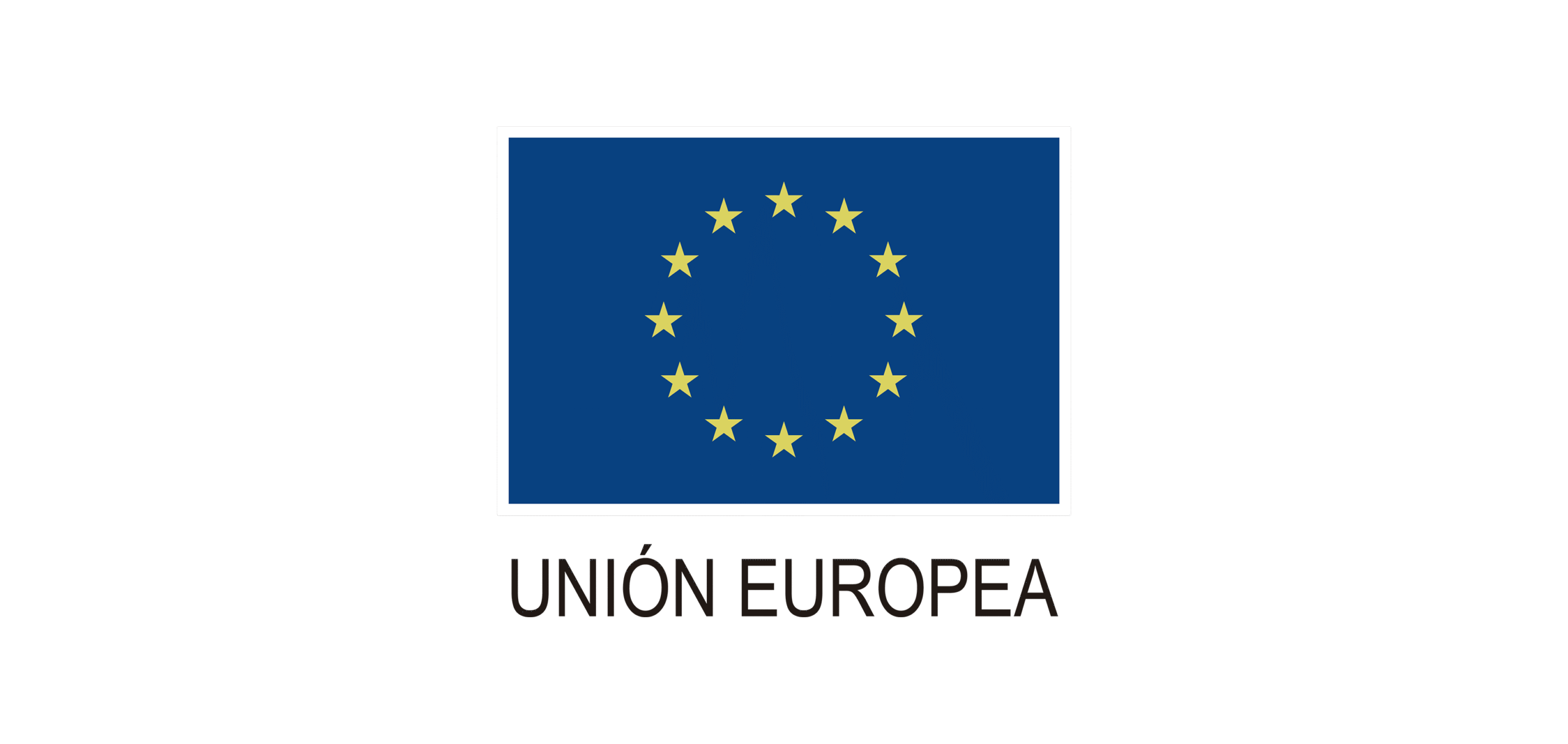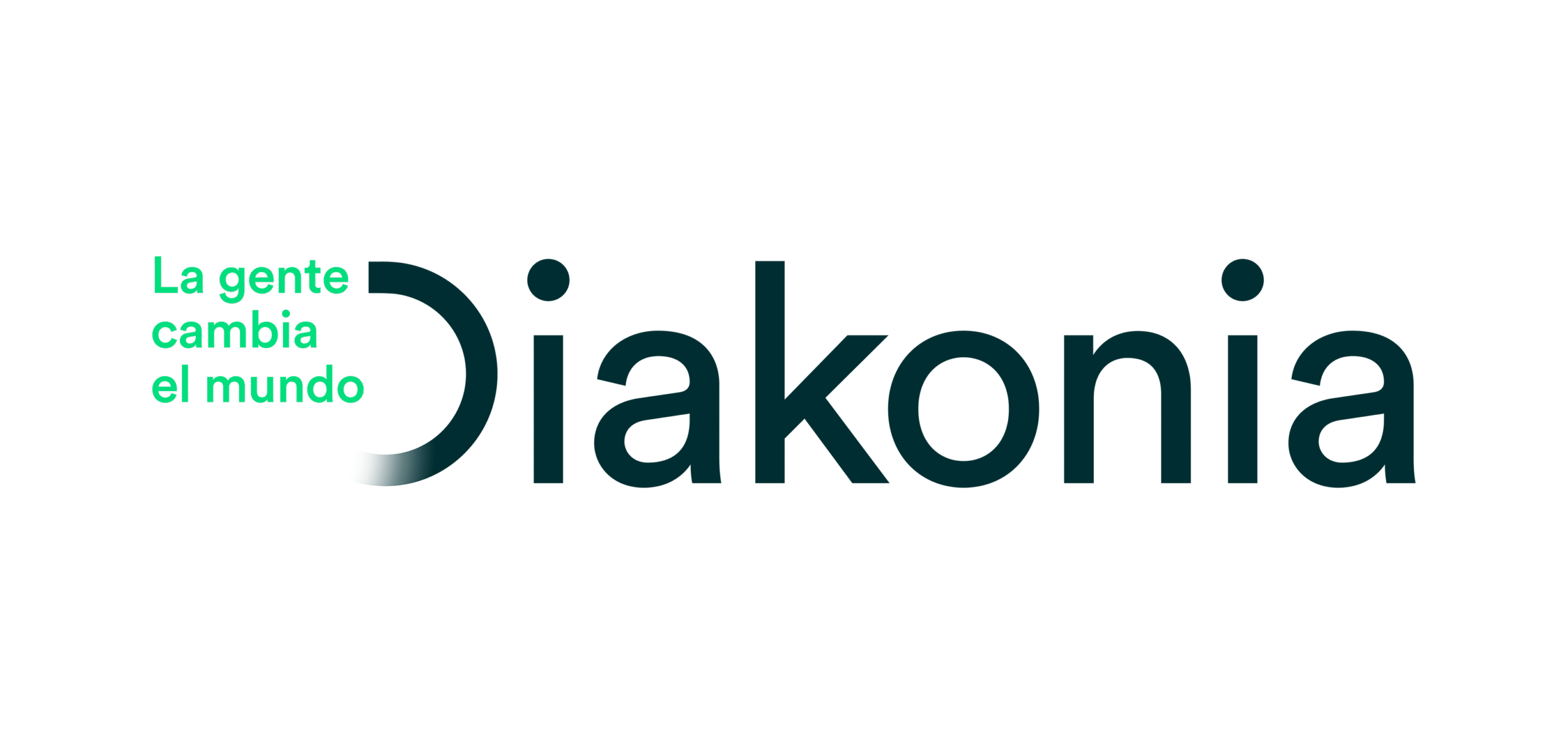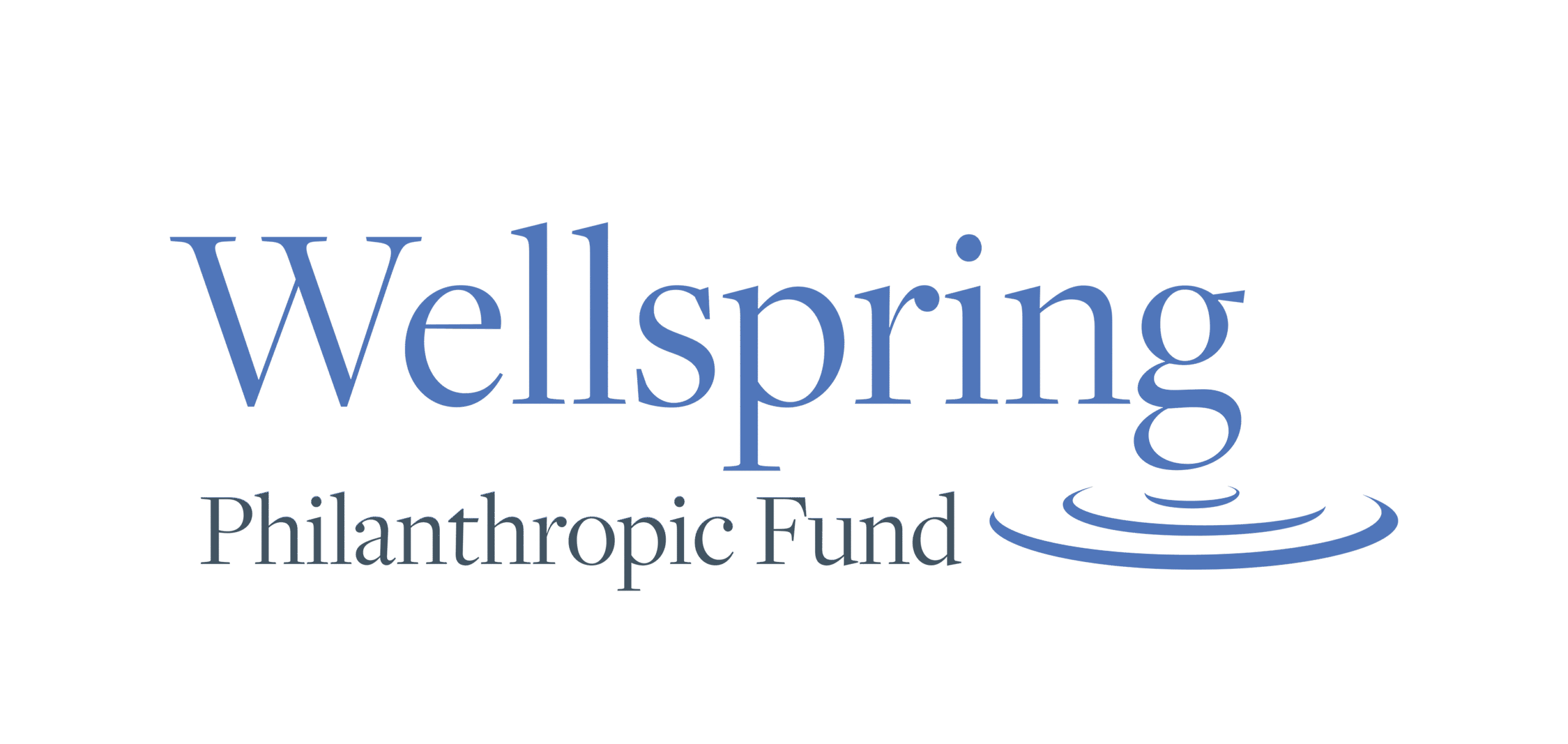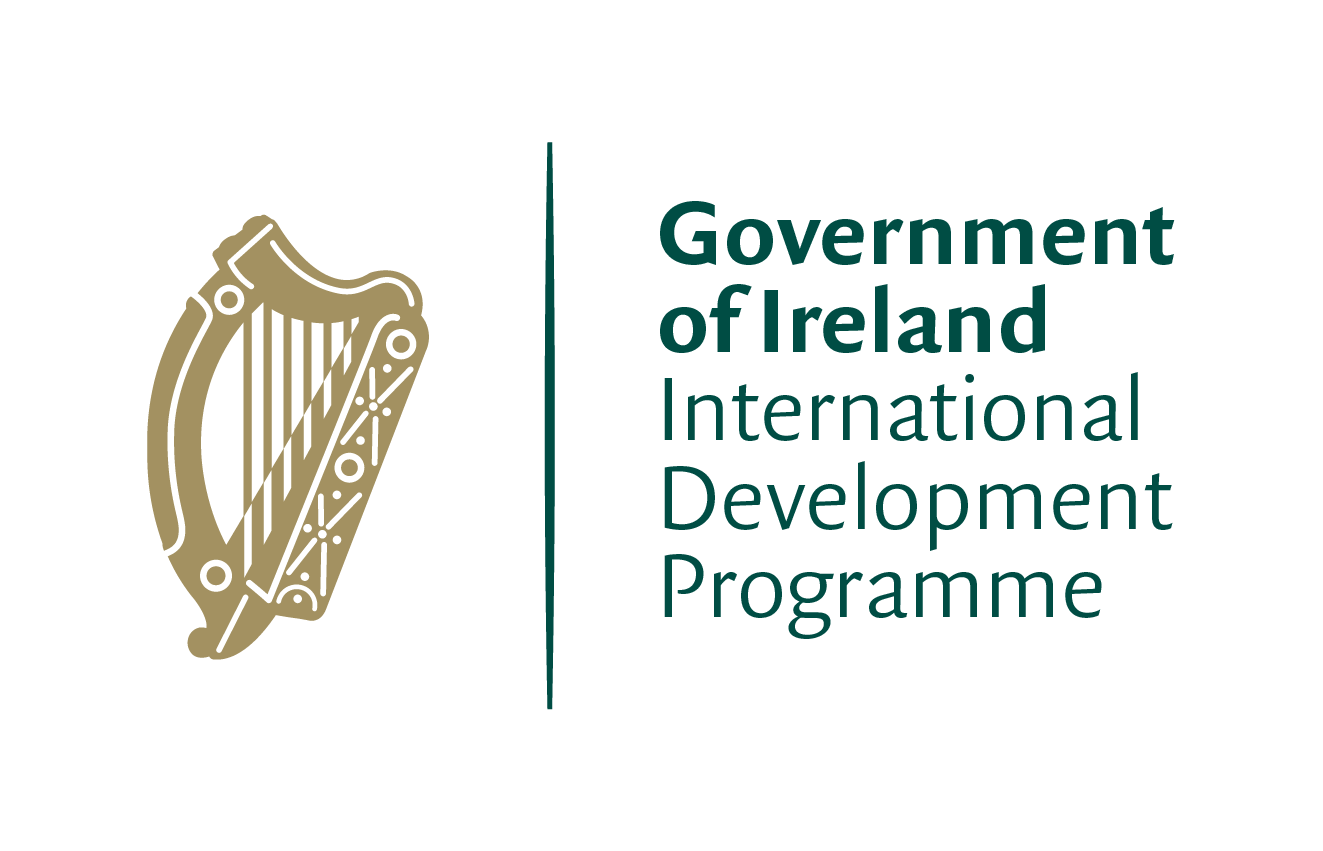For a little more than nine years now, the entire collective LGBTtrans people, in particular trans people, in a single cry, have established the day of trans depathologisation. In other words, a day dedicated to demanding that gender identity, and the transition between them, should no longer be classified as a mental disorder. Today, 18 June 2018, the World Health Organisation finally removed this "category" from its list of diseases, taking a giant step forward in the fight against transphobia and the problems stemming from "gender dysphoria".The lack of public coverage and health care for transgender people.
On Monday, the WHO published the International Classification of Diseases (ICD-), which is the key tool for identifying health trends and statistics worldwide. The classification will be presented to the World Health Assembly in May 2019 for adoption by Member States and will come into force on 1 January 2022.
"This is for the sole purpose that when a transgender person seeks health care in their own country, they will not be denied it".
It is important to understand that while being trans is no longer considered a mental illness, it is still considered a "sexual behaviour disorder".This means that it is included in a chapter of the ICD on sexual health, with the sole purpose that when a transgender person seeks health care in their country, they will not be denied because, it should be noted that in many places, if the diagnosis is not included, treatment such as, for example, hormone treatment is not contemplated, as is the case in Colombia, where we hope that this can be reconsidered with the historic decision of the WHO.
"There is no evidence that a person with a gender identity disorder should automatically have a mental disorder at the same time, although it is very often accompanied by anxiety or depression. () if people with gender identity disorder are automatically identified as having a mental disorder, in many countries they are stigmatised and may have reduced opportunities to seek help," Shekhar Saxena, director of the WHO's Department of Mental Health and Substance Abuse, told a press conference.
"We hope that the elimination of binary normalisation treatments for intersex people will be effective in all countries.
With the removal of the category of "gender dysphoria" and "gender identity disorders" from international diagnostic manuals, we hope that the elimination of binary normalisation treatments for intersex people and public health care coverage for issues such as hormone treatments, surgeries, gynaecological and urological follow-up, among others, will be effective in all countries.
These advances are an encouragement to continue the struggle of all lesbian, gay, bisexual and transgender people and another opportunity to raise our voices and shout "Not one step backwards in our rights" during Pride month.



